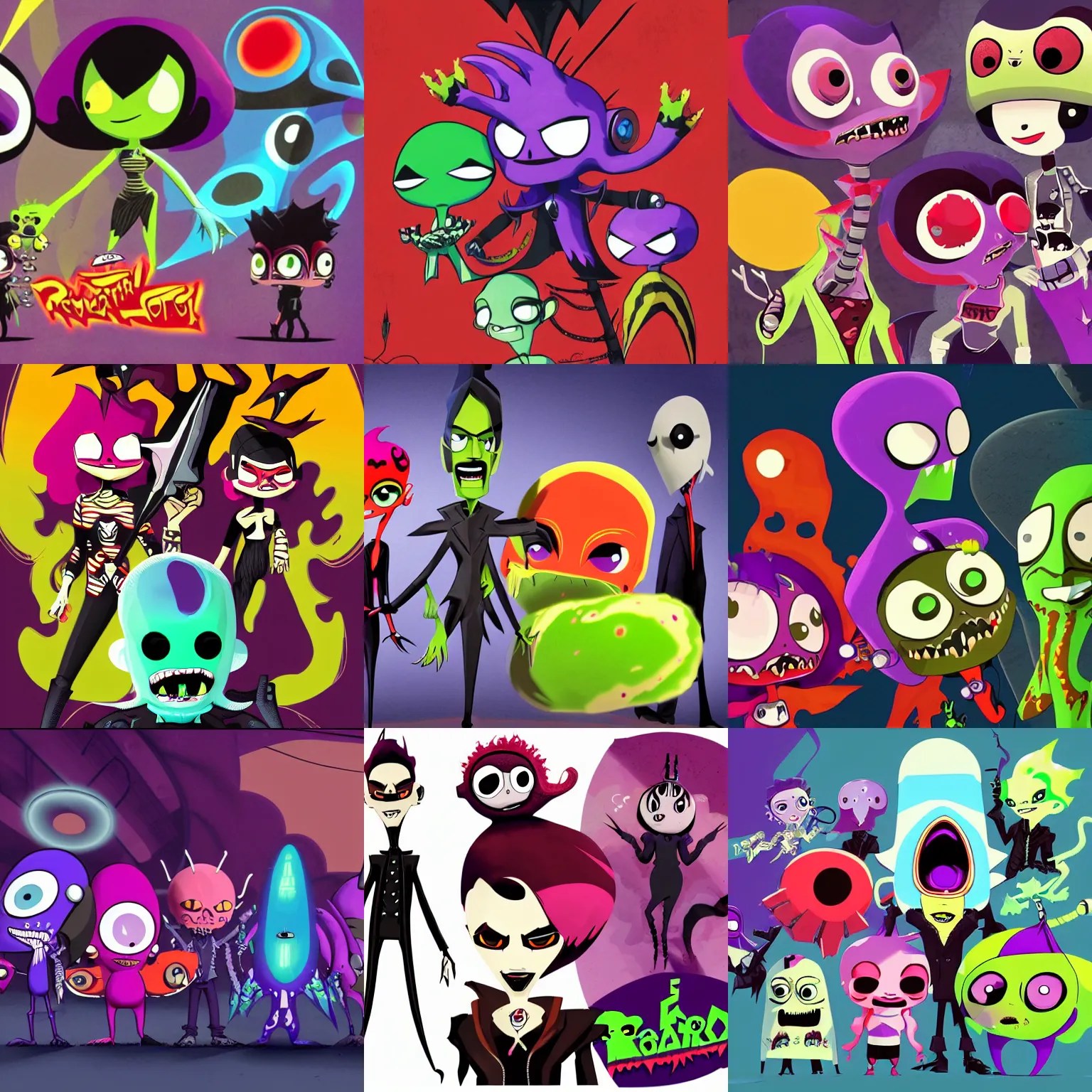Unearthing The Shadows: A Journey Through Vampiric Surnames
In the realm of myth and lore, few figures are as captivating and enigmatic as vampires. These immortal beings, often portrayed with an air of sophistication and mystery, have fascinated humanity for centuries. Central to the allure of vampiric tales are the surnames that accompany these creatures of the night. Vampiric surnames evoke a sense of dread and intrigue, often carrying with them rich histories and dark legacies. From the aristocratic to the grotesque, the etymology of these names can reveal much about the characters they belong to and their stories.
Delving into the world of vampiric surnames allows us to understand not only the allure of these creatures but also the cultural significance they hold. Names such as Dracul, Nosferatu, and others resonate with power, fear, and the supernatural. They often reflect the characteristics associated with vampires — seduction, darkness, and an insatiable thirst for blood. As we explore the origins and meanings behind these surnames, we embark on a journey that will unveil the history of vampires and the socio-cultural contexts that have shaped our perception of them.
Moreover, the fascination with vampiric surnames extends beyond literature and film; they have seeped into popular culture, inspiring countless adaptations and interpretations. From gothic novels to modern-day movies, these names hold a timeless appeal that continues to captivate audiences. In this article, we will dive deeper into the world of vampiric surnames, examining their significance, origins, and the stories that breathe life into them.
What Defines a Vampiric Surname?
Vampiric surnames often carry with them a sense of history and mythos. But what truly defines a surname as "vampiric"? These names typically evoke images of darkness, immortality, and otherworldly allure. They may derive from various sources, including legendary figures, cultural references, or even linguistic roots that suggest malevolence or supernatural traits. Here are a few characteristics that make a surname vampiric:
- Associations with darkness or night.
- Historical ties to nobility or aristocracy.
- Connections to folklore or mythology.
- Etymological roots in words related to blood or death.
How Do Vampiric Surnames Shape Character Perceptions?
The surnames given to vampires often shape our perceptions of their characters. A name can evoke fear, respect, or even admiration. For instance, a name like "Count Dracula" immediately brings to mind images of a regal yet terrifying figure, while "Nosferatu" conjures feelings of dread and horror. How do these names affect our understanding of these characters?
Are There Real Historical Figures Behind Vampiric Surnames?
Many vampiric surnames have roots in real historical figures or events. For example, the name "Dracula" comes from Vlad the Impaler, a 15th-century Romanian prince known for his brutal reign and penchant for cruelty. Similarly, the name "Elizabeth Bathory" is linked to a notorious Hungarian noblewoman believed to have bathed in the blood of virgins. These connections often blur the lines between myth and reality, creating a fascinating tapestry of history and legend.
What Are Some Famous Vampiric Surnames?
Throughout literature and film, several vampiric surnames have stood out, each with its unique backstory and significance. Here are a few notable examples:
- Dracula: Perhaps the most famous vampiric surname, Dracula has become synonymous with vampires in popular culture, thanks in large part to Bram Stoker's novel.
- Nosferatu: Originating from the classic silent film, this name suggests a creature of the night, embodying fear and dread.
- Vlad the Impaler: The historical figure behind the Dracula legend, his real-life brutality has often been romanticized in modern media.
- Bathory: Associated with the infamous Countess Elizabeth Bathory, her story has inspired countless tales of bloodlust and immortality.
How Do Cultures Influence Vampiric Surnames?
Different cultures have their interpretations of the vampire mythos, which significantly influences the surnames associated with these creatures. For instance, Eastern European countries often have surnames tied to folklore and local legends, while Western cultures may draw upon literary sources. This cultural diversity enriches the tapestry of vampiric surnames and their meanings.
Can Vampiric Surnames Be Found Outside of Literature?
Indeed, vampiric surnames often find their way into various aspects of popular culture, from music to fashion. Many bands and artists have adopted vampiric themes, utilizing these names to evoke a sense of mystery and allure. Additionally, in the world of gaming, characters with vampiric surnames often possess unique abilities, further cementing their association with the supernatural.
What Role Do Vampiric Surnames Play in Modern Storytelling?
In contemporary storytelling, vampiric surnames continue to play a vital role in character development and plot progression. They often serve as a shorthand for the character's traits or backstory, immediately signaling to the audience what to expect. The use of these names can create a sense of familiarity or expectation, drawing on the rich history of vampire lore to enhance storytelling.
As we explore the intricate world of vampiric surnames, we not only uncover the fascinating tales behind them but also gain insight into the human psyche. The allure of vampires endures, and their surnames serve as a powerful reminder of the dark and seductive stories that continue to captivate our imaginations.
Conclusion: What Do Vampiric Surnames Reveal About Us?
Ultimately, vampiric surnames reflect our collective fascination with the unknown and the supernatural. They serve as a bridge between history, culture, and our deepest fears and desires. As we continue to explore the world of vampires, their surnames will undoubtedly remain an essential aspect of the narratives that shape our understanding of these iconic figures. Whether we view them with fear, admiration, or curiosity, one thing is certain: the legacy of vampiric surnames will continue to cast its shadow for generations to come.
Discovering The Allure Of Veronica Perasso
Exploring The Life And Career Of Elizabeth Rizzini
Unveiling The Artistry Of Jared Keeso's Tattoos


